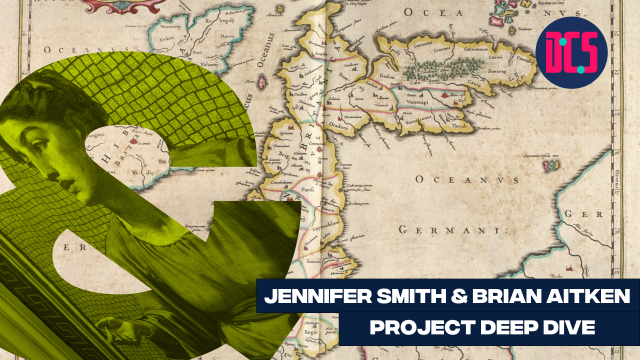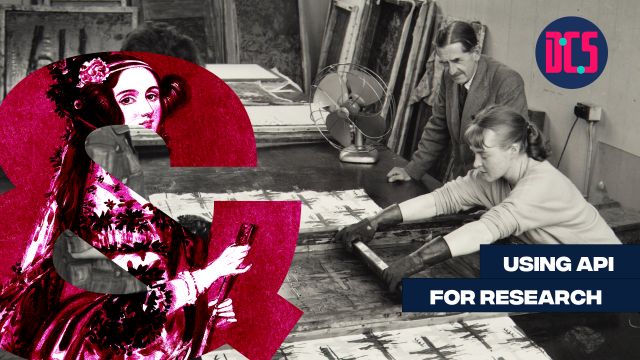Introduction to Statistics and Descriptive Statistics

In Person
This workshop will focus on developing practical skills for statistical data analysis in R. The session will be split into two halves focussing on descriptive statistics in the first half, and then inferential statistics in the second half. Both halves will give participants a short presentation to introduce the important concepts before participants undertake a paired programming exercise in R.
After having taken this course, you will be able to attend more intermediate courses such as A Gentle Introduction to Causal Inference or Null Hypothesis Testing in R.
This is an intermediate-level course. Intermediate sessions explore specific aspects of the method (libraries, tools etc.). Students must have a basic background in R. This includes, at least the basic data types in R, how to install and load packages, and how to use functions, pipes, and apply/map functions. It will be sufficient for students to have taken the Introduction to Programming with to R and RStudio course. During this course, the University's Noteable service will be used to allow participants to quickly access the R environment and get hands-on practice without technological constraints. For this, participants will need access to their own laptop/computer.
This course will be taught by Chris Oldnall and Rhys Davies.
After taking part in this event, you may decide that you need some further help in applying what you have learnt to your research. If so, you can book a Data Surgery meeting with one of our training fellows
More details about Data Surgeries.
Those who have registered to take part will receive an email with full details on how to get ready for this course.
If you’re new to this training event format, or to CDCS training events in general, read more on what to expect from CDCS training. Here you will also find details of our cancellation and no-show policy, which applies to this event.
Learning Outcomes:
- Distinguish between descriptive and inferential statistics and in which cases we use each.
- Implement basic statistical analysis in R.
- Demonstrate an understanding of hypothesis testing (both theoretical and in R).
You may be interested in these other training events:
- An Introduction to Machine Learning
- Null Hypothesis Testing in R
- Introduction to Bayesian Statistics
- A Gentle Introduction to Causal Inference
- Regression and Mixed Effects Modelling
Return to the Training Homepage to see other available events.
Room 4.35, Edinburgh Futures Institute
This room is on Level 4, in the North East side of the building.
When you enter via the level 2 East entrance on Middle Meadow Walk, the room will be on the 4th floor straight ahead.
When you enter via the level 2 North entrance on Lauriston Place underneath the clock tower, the room will be on the 4th floor to your left.
When you enter via the level 0 South entrance on Porters Walk (opposite Tribe Yoga), the room will be on the 4th floor to your right.












